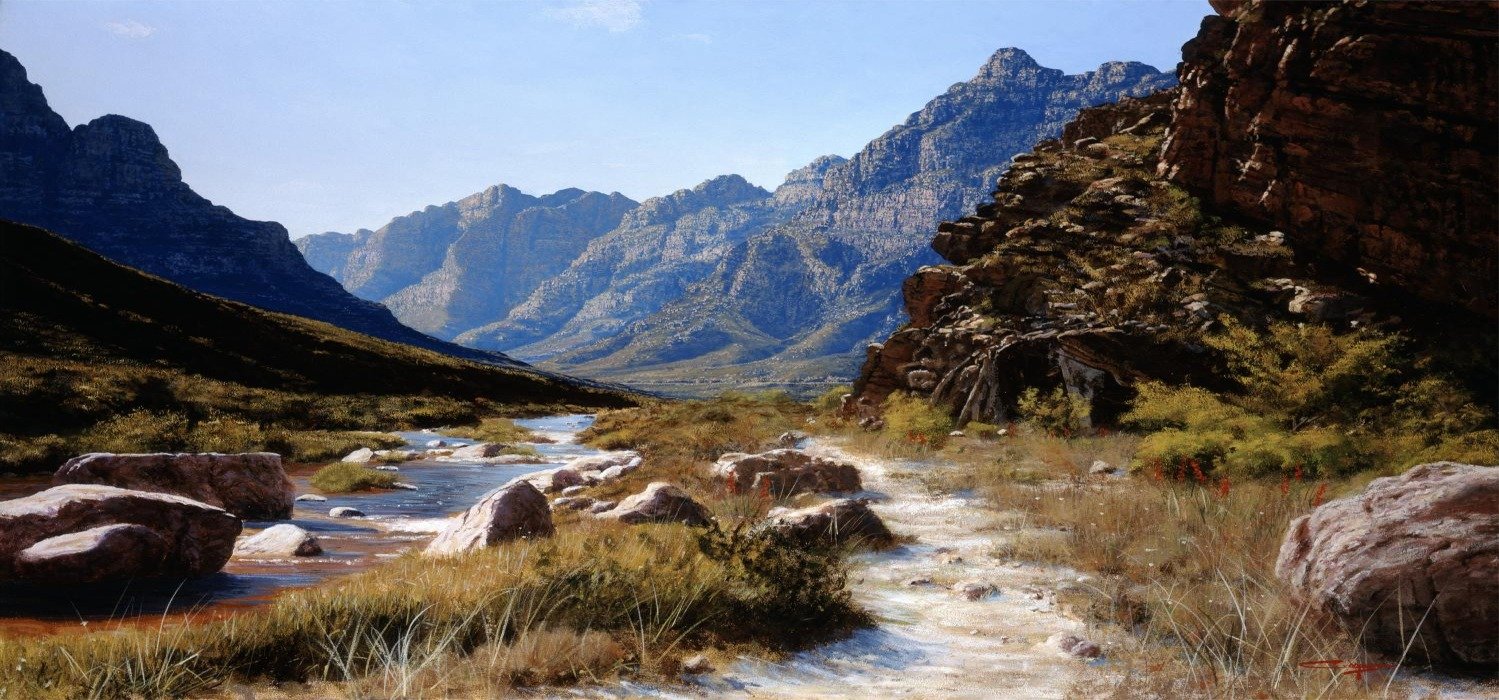The Need for Tabarruk
بِسۡمِ
ٱللهِ ٱلرَّحۡمَـٰنِ ٱلرَّحِيمِ
Every year, Muslim holy sites are destroyed at an alarming pace. What is perhaps more alarming is that some Muslims see no problem with this. Rather, they may even feel that this is a good thing because an “exaggerated emphasis” is placed on the holiness of such sites. This overstated emphasis, they fear, could weaken or cloud sound understanding of the Oneness of Allah (s.w.t.) and the reliance solely upon Him.
However, Muslims from the earliest generations have sought blessings, tabarruk, of individuals, objects, places and times. The swahabah of the Prophet Muhammad (s.a.w.) vied with each other for his hairs, sweat, leftover water from wudhu, and objects related to him, as established in rigorously authenticated ahadits.
We see this practice in subsequent generations, too. Imam Shafi’i (r.a.) washed a shirt sent to him by Imam Ahmad and drank the water it was washed in. This was reported by Shaykh ‘Ali ibn Hasan ibn ‘Asakir (r.a.) in Tarikh Dimashq.
Imam Abu ‘Abdullah Muhammad ibn Idris ash-Shafi’i (r.a.) also would visit the grave of Imam Abu Hanifah Nu’man ibn Tsabit (r.a.), and pray there when he had some pressing need and ask Allah (s.w.t.) to Fulfill that need, which would invariably be fulfilled. This was recorded by Hafizh Khathib al-Baghdadi Abu Bakr Ahmad ibn ‘Ali ash-Shafi’i (r.a.) in Tarikh al-Baghdadi.
Imam Ahmad ibn Muhammad ibn Hanbal (r.a.) made a bequest that he be buried in Bab at-Tibn in the Qati’a cemetery. When asked about this, he responded, “I have strong proof that there is a prophet buried in Qati’a, and I would rather be buried close to a prophet than to my very own father.” This was recorded by Imam Abu al-Husayn Muhammad ibn Muhammad ibn Abu Ya’la (r.a.) in Thabaqat al-Hanabilah.
The question arises, then: why this emphasis on the barakah of buildings, relics and individuals? The Qur’an talks about the barakah of certain individuals such as Jesus (a.s.), places such as the Levant, things such as the olive tree, texts such the Qur’an, words such as the greeting of salam, peace, and times such as Laylat al-Qadr. Shaykh Abu al-Qasim al-Husayn ibn Mufadhdhal Raghib al-Iswfahani (r.a.) explained, in Mufradat Alfazh al-Qur’an, that barakah is “affirming Divinely-placed good in something.” Blessed individuals, objects and places are signs of the Divine. Beautiful in themselves, in meaning or form, they remind us of the Divine; of Divine Beauty, Oneness and of the ways of approaching the Divine. They are a means of remembering Allah (s.w.t.). They awaken us to the reality that the forms of created things have a meaning. They are all, in fact, signs of Allah (s.w.t.). As the poet said, “In everything there is a sign, indicating that He is the One .
Allah (s.w.t.). Tells us in the Qur’an:
سُوۡرَةُ
الحَجّ
ذَٲلِكَ وَمَن يُعَظِّمۡ شَعَـٰٓٮِٕرَ ٱللَّهِ فَإِنَّهَا مِن تَقۡوَى ٱلۡقُلُوبِ (٣٢)
Such (is his state): and whoever holds in honour the Symbols of Allah, (in the sacrifice of animals), such (honour) should come truly from piety of heart. (Surah al-Haj:32)
سُوۡرَةُ
الحَجّ
وَٱلۡبُدۡنَ جَعَلۡنَـٰهَا لَكُم مِّن شَعَـٰٓٮِٕرِ ٱللَّهِ لَكُمۡ فِيہَا خَيۡرٌ۬ۖ ... (٣٦)
The sacrificial camels we have made for you as among the Symbols from Allah: in them is (much) good for you ... (Surah al-Haj:36)
Imam Abu ‘Abdullah Muhammad ibn Ahmad al-Qurthubi (r.a.) explained, in his al-Jami’ li Ahkam al-Qur’an that the Symbols of Allah (s.w.t.), or in another translation, the Sacred Things of God, sha‘air Allah, are the Distinguishing Signs of His Religion.
This is why Muslims
throughout the ages have loved, venerated and sought the blessings of righteous
individuals and places of significance, such as mosques, historical sites and
the graves of the righteous. It is an expression
of the love of Allah (s.w.t.) to see
and celebrate His Signs and to love those things Beloved to Him. As the poet said, “We see this in the very
practice of the Beloved of God, for ibn ‘Umar relates that, ‘The Messenger of
God (s.a.w.) used to ask for water to
be brought from purification pools. He
would drink from this water, seeking the blessing of the hands of Muslims.” This is related by Imam Abu al-Qasim Sulayman
ibn Ayyub ath-Thabarani (r.a.) in Mu’jam
al-Awsath, and Imam Abu Nu’aym Ahmad ibn ‘Abdullah al-Aswbahani (r.a.) in al-Hilyat al-Awliya’ wa Thabaqat al-Aswfiya’.
Imam Shibab ad-Din Abu al-‘Abbas Ahmad
ibn Muhammad ibn Hajr al-Haytsami (r.a.),
said in his Majma ‘ al-Zawa’id wa
Manba’ al-Fawa’id that its chain of
transmitters is reliable. In an age of
increasing meaninglessness, the loss of these persons and places that remind us
of Allah (s.w.t.), and of the ways to
approach Him, is unfortunate indeed.




Comments
Post a Comment
Thank you for taking the time to share our thoughts. Once approved, your comments will be posted.